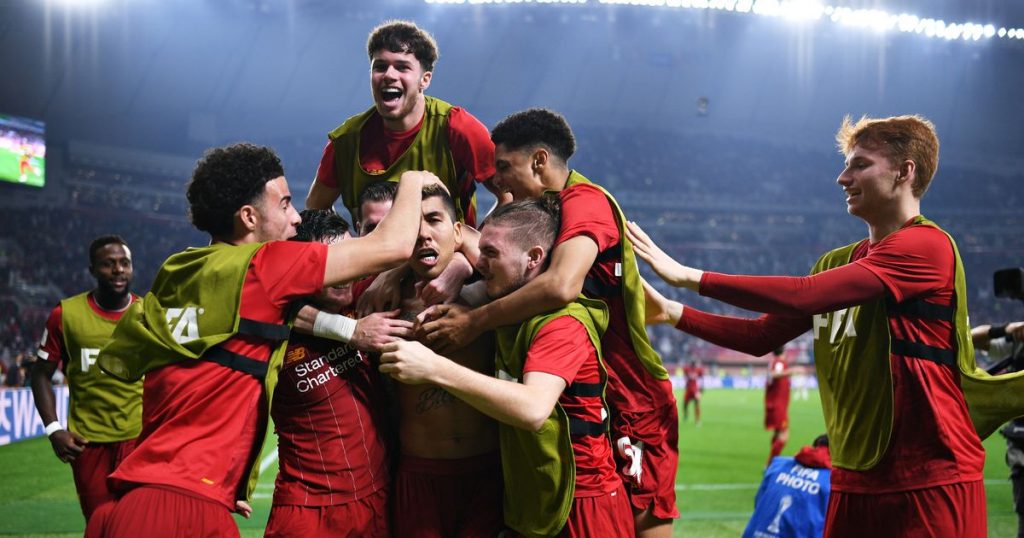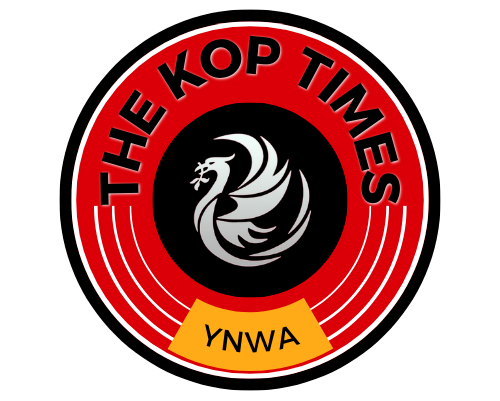Many of the 32 clubs that have qualified for next summer’s new Club World Cup are pushing FIFA to use its own reserves to fund the prize money, as figures remain unconfirmed. Major clubs are expecting up to $50m (£37m) in revenue, based on previous assurances from president Gianni Infantino, who mentioned amounts as high as $80m.
However, using FIFA’s reserves would be unacceptable to national member associations, who argue it shouldn’t go to the wealthiest clubs. FIFA, on the other hand, has downplayed this possibility, with announcements expected in the coming weeks.

Liverpool have previously won the FIFA Club World Cup, which, until now, has been an annual competition between the champions of each confederation.
However, starting next year, the tournament will expand significantly, featuring 32 teams and taking place every four years. In 2025, Manchester City and Chelsea, as the most recent English Champions League winners, will represent the Premier League in the rejuvenated tournament.
Despite this expansion, the new-look Club World Cup is currently facing challenges in securing a TV deal, even though FIFA had previously assured participating clubs they could expect £50m in prize money from media rights according to The Independent. The absence of clubs such as Liverpool who help bring in crowd all across the world doesn’t help their case either.
The true value of the Club World Cup
Although Liverpool won’t be participating in the 2025 Club World Cup, the Reds are privately supporting the tournament, believing it could become a major revenue generator in the future.
FIFA, having rejected a £750m offer from Apple for TV rights earlier this year, might need to rely on its own cash reserves to fund the event, as no new bids have emerged since.

FIFA would claim that Friday’s meeting was a major success, but some executives described it as more of a “road show for broadcasters,” given FIFA’s previous struggles to secure TV deals. Concerns have been raised about the lack of interest, as a tournament of this scale should already have attracted 150 broadcasters.
Clubs reportedly see this collaboration with FIFA as a joint venture, but that was not the case, as FIFA only turns to them because of their influence. Clubs apart, players also believe that this continuous stretch of games played is ruining their physique. Rodri and Gavi remain the best examples of the extended schedule.
More Liverpool News
- Liverpool legacy at risk: Bayern and Real in heated battle for star
- Man United legend warns Liverpool could shake up the title race
- Van Dijk sends strong message to resurgent Liverpool teammate
For a tournament in which the winning team will play a maximum of seven matches, clubs see it as easy money and an opportunity to further push their brands in the United States and beyond.

